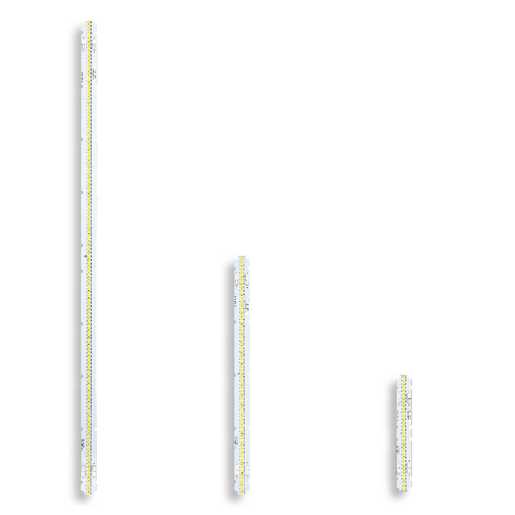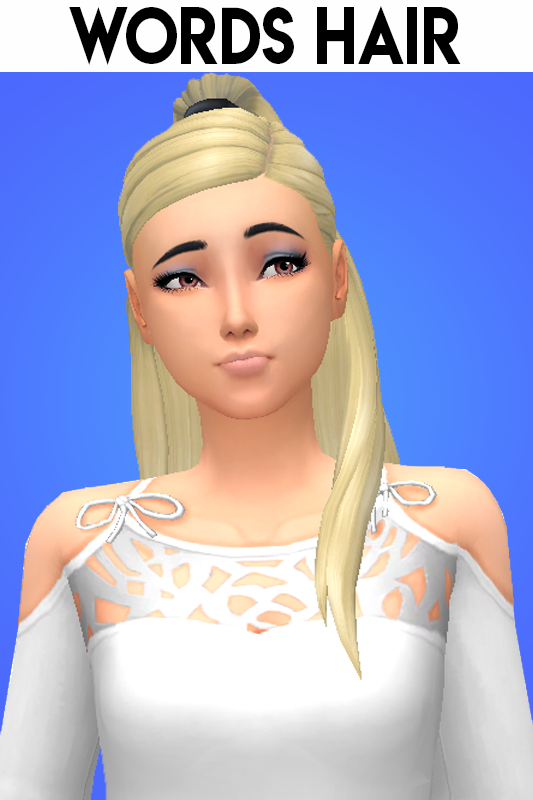Table Of Content

MEDFORD, MA – June 30, 2021 – The DesignLights Consortium (DLC) today released the final version of its updated Technical Requirements for Horticultural Lighting (Version 2.1). Scheduled to take effect September 1, the new policy establishes Qualified Products List (QPL) eligibility for three additional product types, and reflects changes made in response to stakeholder comments received this spring. DLC is moving full speed ahead to keep scaling our impact and gather more voices and ideas in the energy community. Passion and the power of working together can achieve greater strides toward decarbonization. Watch video tutorials on a wide variety of topics like navigating the new DLC website, searching the QPLs, networked lighting control education, and application portal information. For LED replacement lamps, the DLC responded to stakeholder input by changing the warranty requirement to three years instead of five, as had been proposed in Draft 2.

Lighting for a better future.
At least two dozen North American utilities now require the use of QPL products as a prerequisite for EE incentives; many others have incorporated the DLC Technical Requirements into their programs while not yet requiring use of products on the QPL. Two states with cannabis-specific energy efficiency regulations offer a compliance pathway that requires use of the DLC’s Horticultural Lighting QPL. By adding QPL eligibility pathways for additional product categories, the DLC’s V2.1 Horticultural Lighting Technical Requirements offer licensed cannabis cultivators in these states more options for regulatory compliance. Furthermore, the DLC established a framework to align our utility members' efficiency goals — the QPL — which has been adopted by 75% of North American energy-efficiency programs. Through this framework, our members were able to achieve efficiencies by pooling their resources for research, collaborating on a single set of requirements and utilizing one objective list of qualified products to provide consistent offers. In the early days of the DLC, we developed our requirements to focus on efficacy — the amount of useful light output per unit of electricity — with regular increases that aligned with the pace of technology.
Grasslin Controls' Lightmaster

While this may seem straightforward, the industry we reside in is not.It's our belief that consumers are smart enough to see through the industry jargon and are ready for a company that is honest, human and intuitive. Our custom-oriented Software and Website development services and Web & Mobile Application solutions make us our clients' best choice. Our Dedicated Full stack developers transform your online business to the next level, increasing your customers portfolio and skyrocketing your business at the peak. We have Ecommerce Specialists customizing stores according to the clients requirements to fulfill conversions and generate leads. American Design Studios is a digital agency that not only strives to provide its customers with top-notch design services, but also the best customer service that they have experienced. Comprising of a team of dedicated professionals, the team has to its credit thousands of completed project deliveries and more.
DLC: What is the Design Lights Consortium?
Horticultural Technical Requirements V3.0, which rolled out last March, featured the program’s first efficacy bump, increasing potential energy savings with DLC-qualified products by at least 20%. With aggressive utility support, networked lighting controls have the potential to save up to half of the remaining lighting load after an LED lighting retrofit – and can enable lighting efficiency programs to be maintained twice as long as compared to support for LED fixtures and lamps alone. In addition to developing tools that reduce barriers to adoption, we’re promoting this energy saving technology as the gateway to enable connected buildings that support carbon reduction goals. August 24, 2023 – A DesignLights Consortium (DLC) study published today underscores the energy savings potential of networked lighting controls (NLCs) and recommends revising energy efficiency incentive models to capture the full benefits of controlled lighting.
Company / Organization
We hold ourselves accountable to make the world a better place by creating lighting specifications that combine market solutions with a positive climate impact. Browse the greenest horticultural lighting fixtures on the market to capture energy and cost savings for your facility. Learn how we’re driving energy efficiency and lighting quality in the commercial space across North America. Reformation is a fast-growing mission-based company that proves fashion and sustainability can coexist. Reformation is known for its tech-driven approach to creating an eco-friendly fashion business.
Ams Osram gives up its Malaysian micro LED operation in a €700 million hit
Through these partnerships, the DLC establishes product quality specifications; facilitates thought leadership; and provides information, education, tools, and technical expertise. The DesignLights Consortium's (DLC) networked lighting controls program launched in 2015 and is designed to accelerate widespread implementation of lighting controls in commercial buildings and exterior environments by addressing market barriers to adoption. The DLC controls initiative continues to expand and explore connected lighting as the gateway to the proliferation of smart buildings and cities. The DLC carefully evaluates each of our initiatives to maximize positive impact on the environment and on the industry. We work with market experts, manufacturers, energy efficiency programs, and other industry stakeholders to establish requirements that keep the lighting industry at the forefront of sustainability and carbon reduction efforts.
LEDs and Other New Tech Complement Advanced Daylight Harvesting Systems - FacilitiesNet
LEDs and Other New Tech Complement Advanced Daylight Harvesting Systems.
Posted: Mon, 23 Oct 2017 07:00:00 GMT [source]
LUNA sets performance requirements for specific categories of outdoor LED fixtures, so that municipalities, energy efficiency programs and other outdoor lighting decision-makers can better support their energy reduction goals and abide by dark sky policies and ordinances. LUNA also helps specifiers fulfill the light pollution and trespass requirements of LEED and WELL building programs, and helps projects follow application guidance in the joint International Dark Sky Association-Illuminating Engineering Society Model Lighting Ordinance. Over the last decade, we have qualified more than a million products, but thanks to lighting advances, we’ve narrowed that to over 300,000 products on the list today that meet our performance requirements for efficacy, quality, and controllability. Today, 75% of qualified products have integrated controls and 99.5% of qualified products are dimmable, increasing energy savings potential. In horticulture, DLC-qualified LED lighting fixtures are over 35% more efficacious than incumbent, non-LED fixtures.
Latest research: optimizing lighting for greenhouse cultivation - Greenhouse Management
Latest research: optimizing lighting for greenhouse cultivation.
Posted: Thu, 02 Jun 2022 13:41:08 GMT [source]
A summary of the study, which emphasizes the value of pairing NLCs with HVAC systems in large commercial buildings, is posted on the DLC website. The DLC is a nonprofit organization dedicated to accelerating the widespread adoption of high-performing commercial lighting solutions. The DLC promotes high-quality, energy-efficient lighting products in collaboration with utilities and energy-efficiency program members; manufacturers; lighting designers; and federal, state, and local entities.
Energy Solutions. Climate Impact. Better Lighting.
Tell us about what you are trying to accomplish and one of our certified lighting specialists will follow up with you by the end of the next business day with product recommendations to suit your needs. Founded in 2013 by a groom and a groomsman who had a frustrating rental experience, The Black Tux is reinventing formal wear. We help people stand out for the right reasons by designing modern suits and tuxedos that look great, fit better and can be ordered online without a trip to the tux shop.
As a non-profit, we’re supported and funded by efficiency program member organizations throughout the US and Canada. The DLC’s members are a collective force that gives insight and expertise into DLC policy development. As a DLC member, you have a direct effect on lighting quality, innovation, and market transformation of the built environment. A part of our solid-state lighting program, the DLC’s new LUNA requirements provide a dark sky friendly option for specific categories of outdoor lighting, enabling lighting decisionmakers to identify products that save energy and minimize sky glow. The DLC blog is intended to educate, inform, and provide a platform for discussion for the DLC’s many stakeholders. We post technical and non-technical content, perspectives related to LED lighting, networked lighting controls, utility programs, the DLC mission, and other relevant industry developments.
As a consortium, we are working together to encompass the reduction of light pollution and carbon emissions, as well as transforming indoor agriculture to be more efficient. We want these resources to help anyone looking to save energy, reduce carbon, or mitigate light pollution. Unfamiliarity with how to design, install, and commission networked lighting controls is a key barrier that prevents widespread adoption and increases the cost of the technology. To address this barrier, the DLC has developed training programs for the design and installation of networked lighting controls.

No comments:
Post a Comment